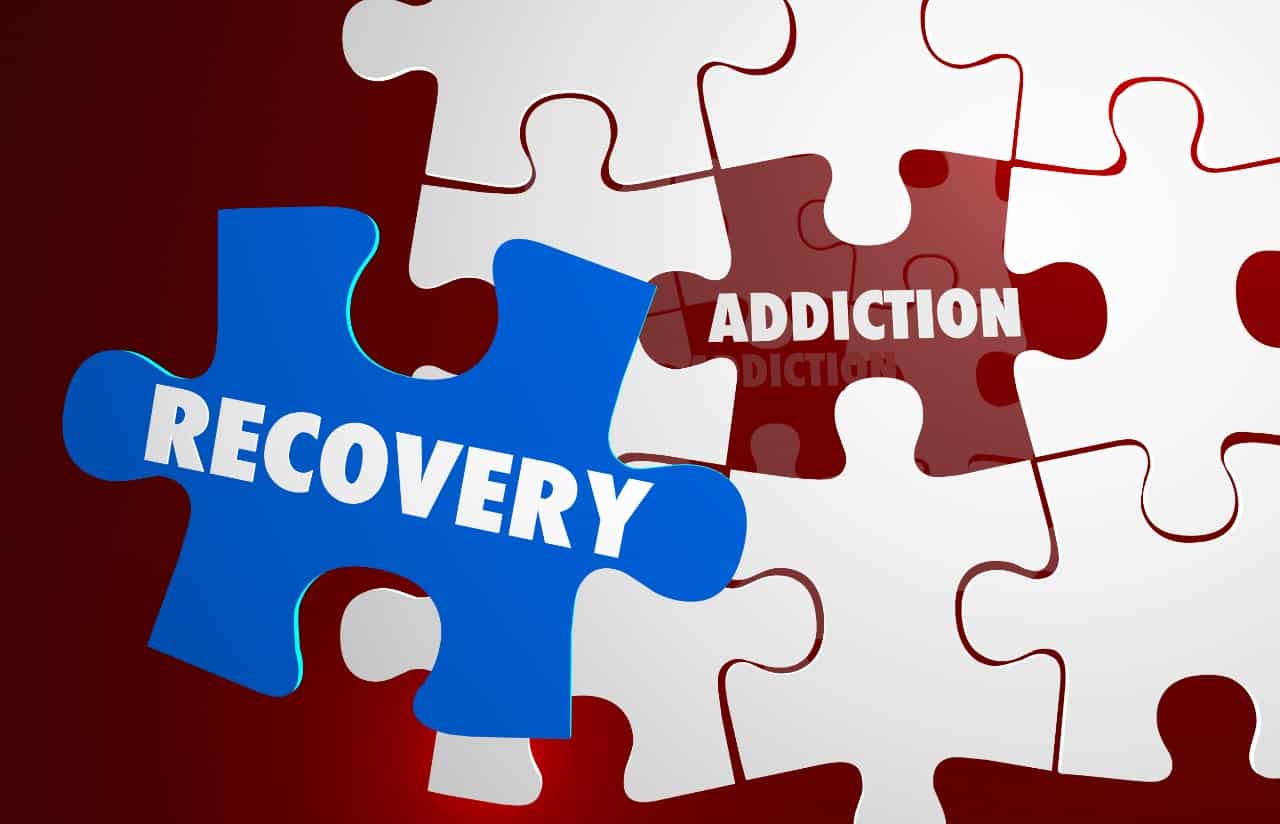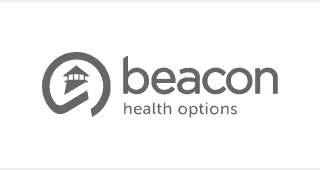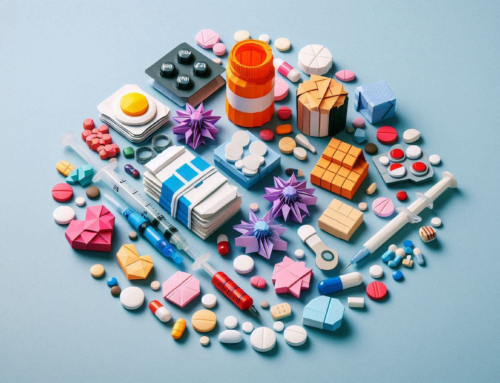Many people think those who develop a substance use disorder get it quickly. What people need to know about the issue is that no one gets up in the morning and decides they are going to develop a really bad habit, like an addiction. As surprising as it might sound, there are stages of addiction that people go through, and therapists have broken it down into a pattern so that it might be tracked better.
Even though different people mostly behave differently, develop habits differently, and have different levels of tolerance, people who fall into addiction mostly follow a linear path as they spiral further down into the bad habit. The only difference comes in the duration a person spends in the individual stages of addiction.
Stage 1: Initiation
Everything has to start somewhere, even bad habits. The initiation stage is when a person tries out a substance for the first time. It could be a sleepover at a schoolmate’s place. It could be at a local party where some friends brought some drugs. It could even be at a family gathering where some relatives offer a glass of alcohol.
Whatever the occasion or location, a person’s initiation into the use of substances tends to begin at an early age, usually during the teenage years. Some are exposed even earlier than their teenage years, but mainly because they are taking prescription medication for some condition they might have.
A disturbing fact about this is the data released by the National Institute on Drug Abuse that states that most youngsters, mostly before the age of 18, who have substance use tend to have a substance abuse disorder by the time they reach their 20s.
This is not to say that all youngsters who have tried a substance end up getting hooked. Many young ones tried it out of curiosity, and once this curiosity was satisfied, they never tried it again. There are several factors that mostly influence repeated use after the initiation stage:
Stage 2: Experimentation
The second stage is where the user has begun to take an active interest in substances and is seeking other ways it could make a difference in their lives. For young people, it could be a phase where they try out different substances and see which gives them the best experience while doing their activities, such as parties, sleepovers, or even extended study periods that stretch well into the night.
For young adults, this stage could be where they seek something to boost their performance at work as they try to excel in their chosen field, mostly through stimulants. In others, this is where they try to find something to help them relax and relieve the daily stress they incur, mostly through depressants or sedatives.
At this stage, quitting the habit is still possible, as it has not yet become something the user feels they cannot live without. They might use it impulsively or mostly based on a need that they feel the substance fills in. While the dependency might not have become irresistible yet, it is already building to a point where it has become a full habit.
Stage 3: Regular Use
A habit, good or bad, is born out of regularity. This is the same with substance abuse. The third stage of addiction is regular use, where dependence starts to take root. Regular use does not necessarily mean everyday use but rather the development of a pattern where the user appoints a specific time, place, or event where they feel the need to take their preferred substance.
In this stage, the user begins rationalizing their continued and regular substance use. The sad reality is that just as they are quite capable of engaging in rational thought and justifying their growing addiction, they could just as well recognize it for what it is and realize the logic in quitting while possible.
In some instances, the addiction has already become problematic in their lives. They begin to manifest aberrant behavior, start lying when questioned if they need help, and their lives slowly turn for the worse as they continue their substance abuse.
Stage 4: Risk-Taking to Continue Use
As the user continues to spiral downwards from the substance abuse, they go beyond the point where the instinct to stay safe would tell them to stop. Moreover, they take risks, mostly supporting their growing habit. This would include stealing money to finance their habit, becoming truant in their school or work schedules, and regularly lying about things even when there is no need to.
They also start to neglect their regular responsibilities at home, school, or work as their habit takes up more of their time, and they spend the rest of their waking hours being high, hiding from people they know, or in even more risky activities. This is when friends and family begin to see less and less of the person as their habit consumes them.
This is the period where the user starts having brushes with the law. As an example, many who are into alcohol abuse end up being arrested for driving under the influence (DUI), while others commit petty crimes to get money to buy drugs. This stage is characterized by the onset of financial difficulties and perennial visits to the local police station.
Stage 5: Full Blown Dependence
At this stage, there is no denying that the user is already neck-deep in substance abuse. This is when they can barely tolerate instances where they have not taken their preferred substance. They start to feel the effects of mild withdrawal symptoms whenever they have not taken any substance for some time, and their physical appearance starts to deteriorate.
While they might still be mostly aware at this stage, most of their attention is devoted to finding and acquiring their chosen abused substance. Failing that, their minds work to figure out how to get the resources to buy more or even where they might be able to steal for their next hit.
Some still try to hide that they are almost fully consumed by addiction at this stage. They still try to clean up whenever possible and sometimes weigh their options for getting their preferred substance. Some at this stage would still try to be cunning about getting alcohol, drugs, or money for their habit. This means lying to their relatives, appealing to their sense of sympathy, or filching whatever prescription medication they can from relatives.
Stage 6: Addiction
To differentiate between dependency and addiction, people still in the dependence stage can still think enough to secure resources for their habit or think of ways to get their substances, whether through trickery, deception, or outright theft.
Those already suffering from full addiction have already lost most of their cognitive abilities, and whatever little thinking capability they still have are devoted to their habit. People suffering from full addiction care little for anything other than engaging in their habit. In many cases, while they might still recognize friends and family, they will either prefer not to relate with them anymore or not respond to them in the usual manner.
For the most part, the only thing that people in full are concerned about is getting their next hit and being high most of the time. By this time, the user has come to a point where they have developed a higher tolerance for whatever it is that they are abusing, requiring more of the substance and more frequent use to feel a significant high.
People in this stage may have already manifested the more pronounced damage brought on by their abuse, such as lack of hygiene, diseased appearance, significant weight loss, and other symptoms of heavy addiction.
Recovery is Truly Achievable at Achieve Wellness & Recovery
It is never too late to help someone with a substance abuse disorder. We here at Achieve Wellness & Recovery believe this, and we do our best to ensure that the people we help not only recover, but also find their way back to sobriety and a healthy life.
Whether they are in the early stages of addiction, or even if they have already gone through all the phases of addiction, we believe there is still a chance of recovery for them. Let us help you now.
We work with most insurance companies. Please note we are not affiliated with or endorsed by insurance companies.
No Medicaid Accepted.

Medically Reviewed By
Nicole Rettino-Lambert LCSW, LCADC, CCS, CCTP, CSTIP
Nicole Rettino-Lambert is a dually licensed clinician with over 20 years of experience working with children, adolescents, and adults in both addiction treatment and mental health treatment. Along with extensive experience in clinical work, she has held leadership roles in both inpatient and outpatient addiction treatments centers in New Jersey. Throughout her various leadership positions, Rettino-Lambert has developed clinical programming, assisted staff in their growth and development in the clinical field, and had the privilege of helping numerous individuals on their path to recovery.
As a clinician, Rettino-Lambert specializes in addiction trauma, mental health, self-harm behaviors, anxiety, intimacy issues, sex addiction, and personality disorders. She holds certifications as a clinical trauma professional and sex informed professional. Her passion and purpose as a clinician are to help individuals find their voice, purpose, and motivation through their recovery. She takes pride in being part of the process that helps those who are fighting for their lives to achieve both sobriety and wellness.In her role as a Clinical Director at Achieve Wellness and Recovery, Rettino-Lambert works tirelessly to ensure that her staff feels supported in their roles, continues their clinical growth and development, and is empowered to become the best versions of themselves. She firmly believes that all the staff are an essential part of clients’ recovery journey and that they deserve continuous compassion, empathy, acknowledgment, and support from leadership.





















